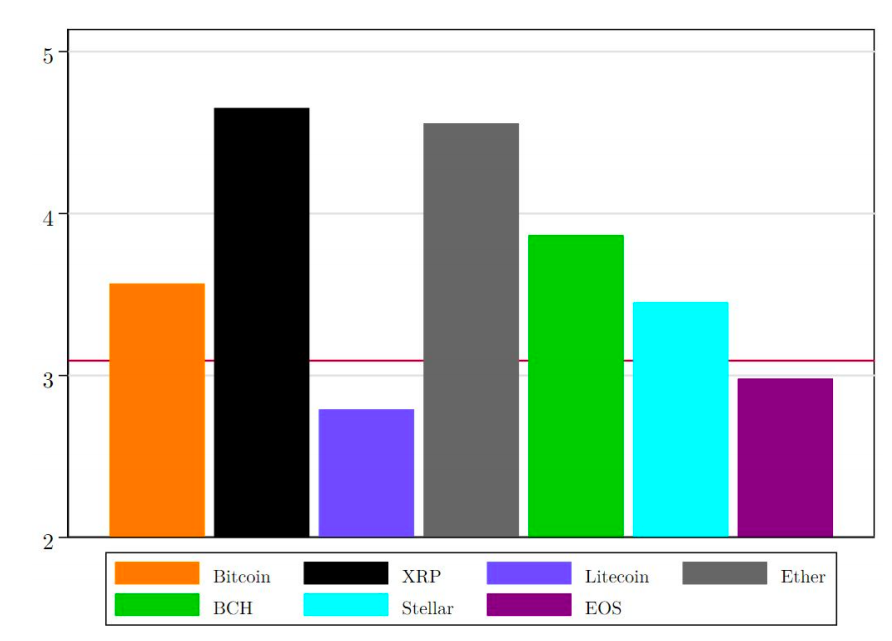The Bank for International Settlements (BIS), a global financial institution owned by some of the world’s biggest central banks, is trying to dispel the theory that cryptocurrency ownership is linked to distrust in traditional finance.
On Thursday, the BIS published a paper on the socioeconomic drivers of cryptocurrency investments in the United States. Employing representative data from the U.S. Survey of Consumer Payment Choice, BIS argued distrust in fiat currencies such as the U.S. dollar has nothing to do with investor motivation to hold cryptocurrencies like Bitcoin (BTC), stating:
“Demand for cryptocurrencies is not driven by distrust in cash or the financial industry, given that there are no differences in the perceived security of cash and offline and online banking. We can thus preliminarily disprove the hypothesis that cryptocurrencies are sought as an alternative to fiat currencies or regulated finance.”
The authority stressed that cryptocurrencies are not sought as an alternative to fiat currencies or regulated finance but instead are a “niche digital speculation object.” BIS noted that from a policy perspective, the overall takeaway of the analysis is that investors’ objectives are the “same as those for other asset classes, so should be the regulation.”
Related: El Salvador’s Bitcoin adoption an ‘interesting experiment,’ says BIS exec
The BIS paper also outlines major correlations between crypto investment choices and the level of education and income, suggesting that cryptocurrency owners are “generally more educated than the average.” Ether (ETH) and XRP investors showed the highest education level in the BIS’ analysis, while those owning Litecoin (LTC) were the least educated, with Bitcoin owners ranking in the middle.
The new report brings significant relevance that cryptocurrencies like Bitcoin pose no threat to traditional finance tools, as crypto demand is not driven by distrust in cash. A number of global authorities and institutions previously expressed concerns about Bitcoin’s ability to capitalize on global distrust in traditional finance.
In late December, Morgan Stanley Investment’s Ruchir Sharma argued that the U.S. dollar’s reign will likely end due to global distrust in traditional finance, while Bitcoin would capitalize on the lack of confidence.










